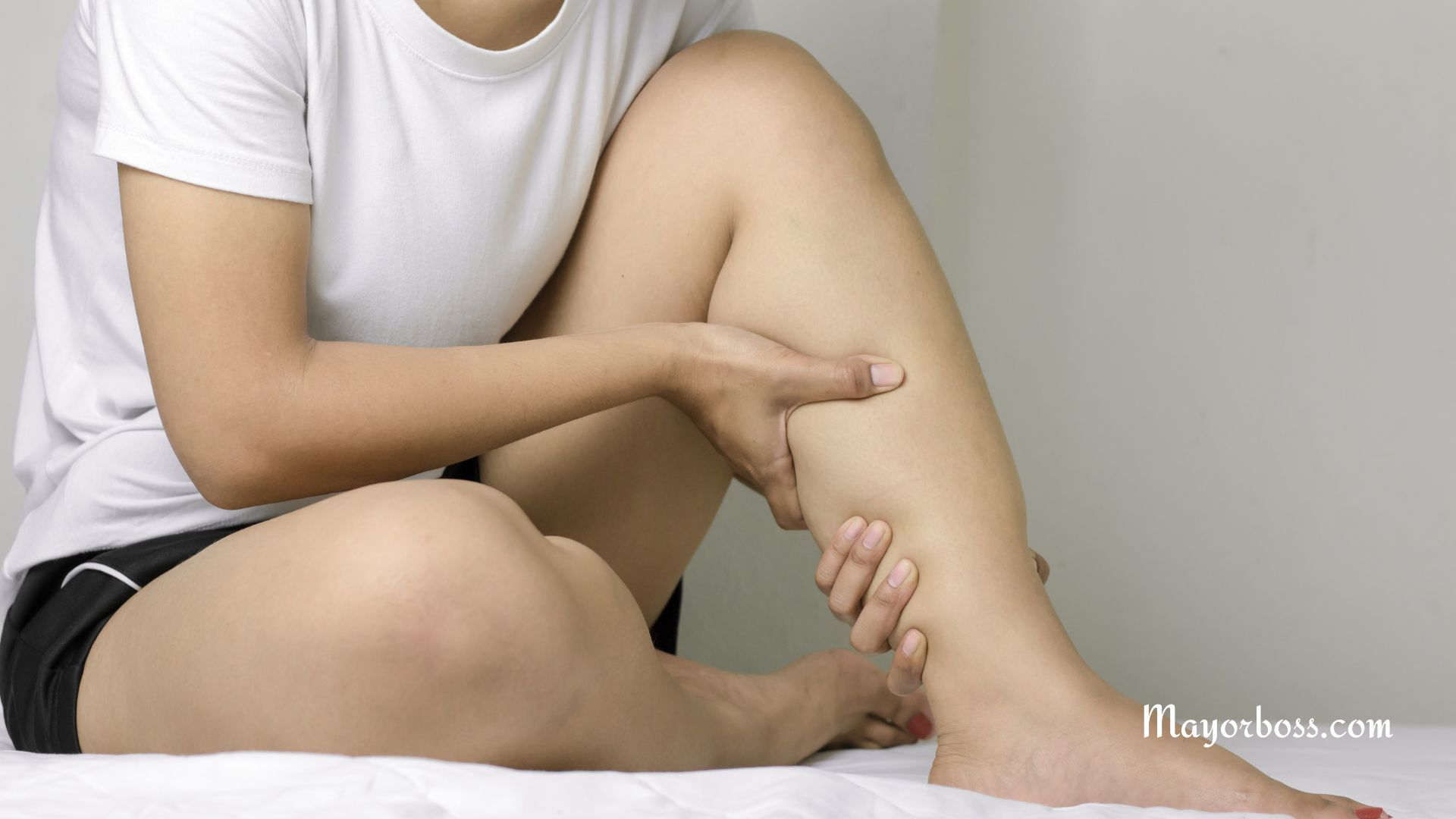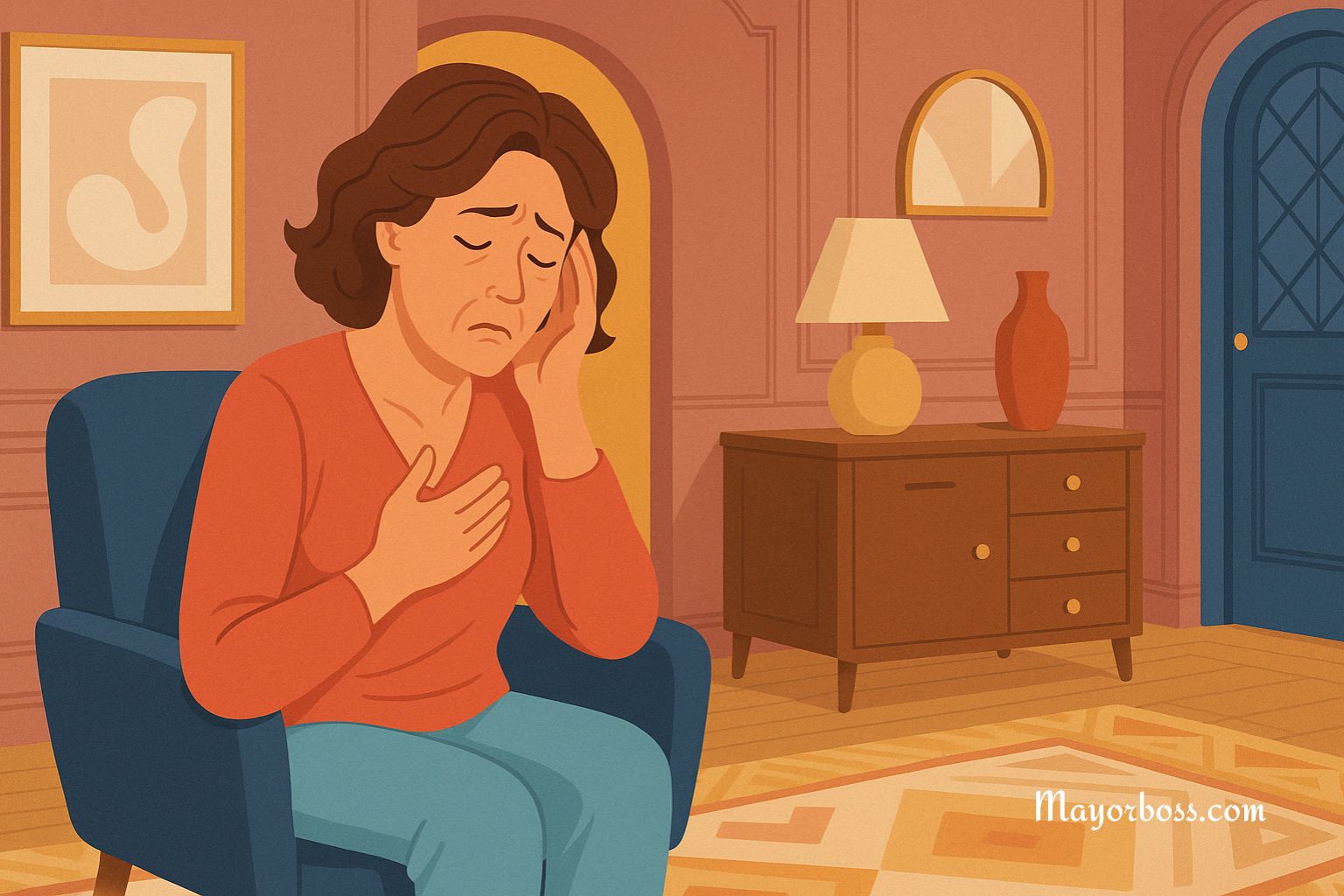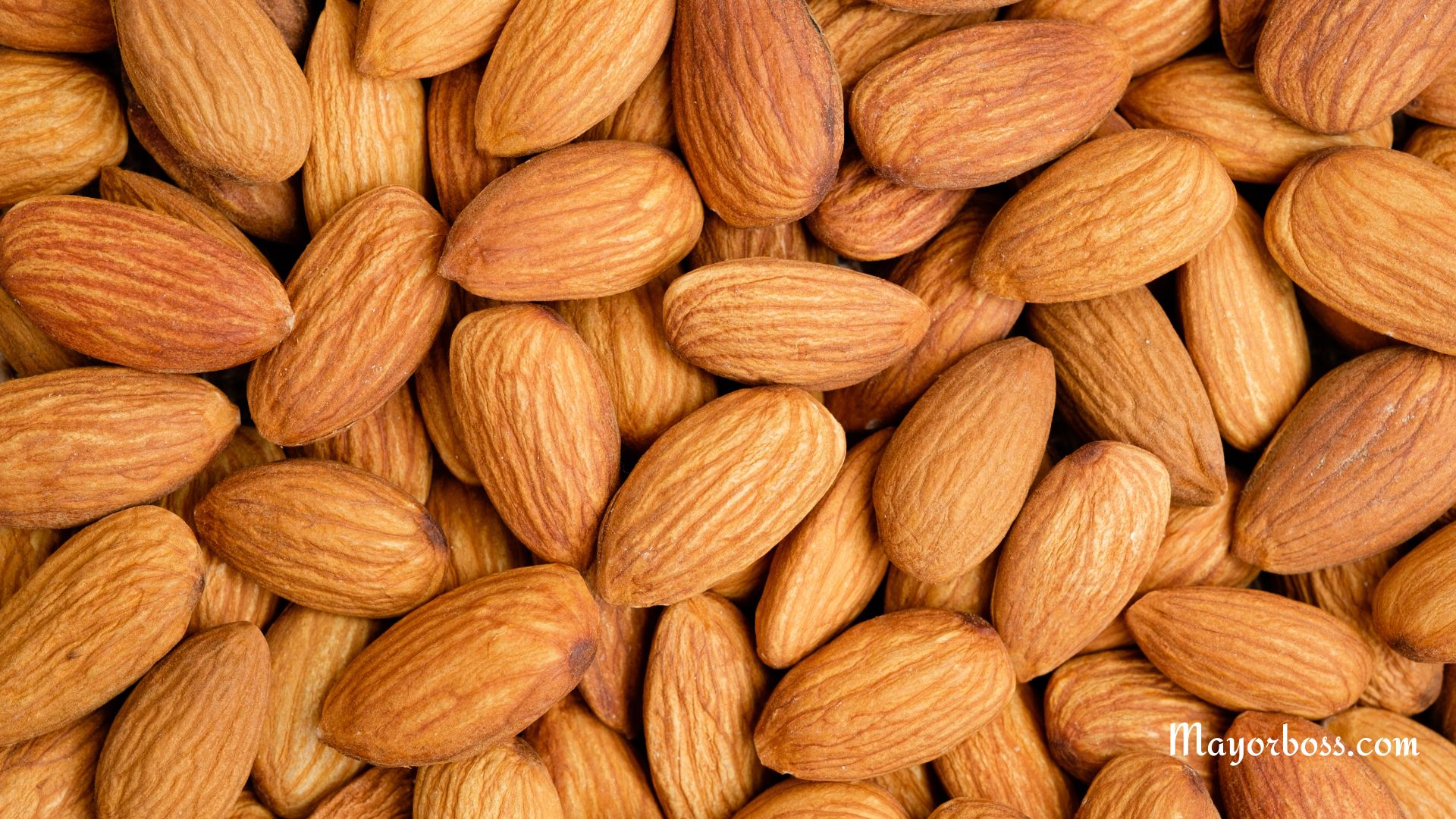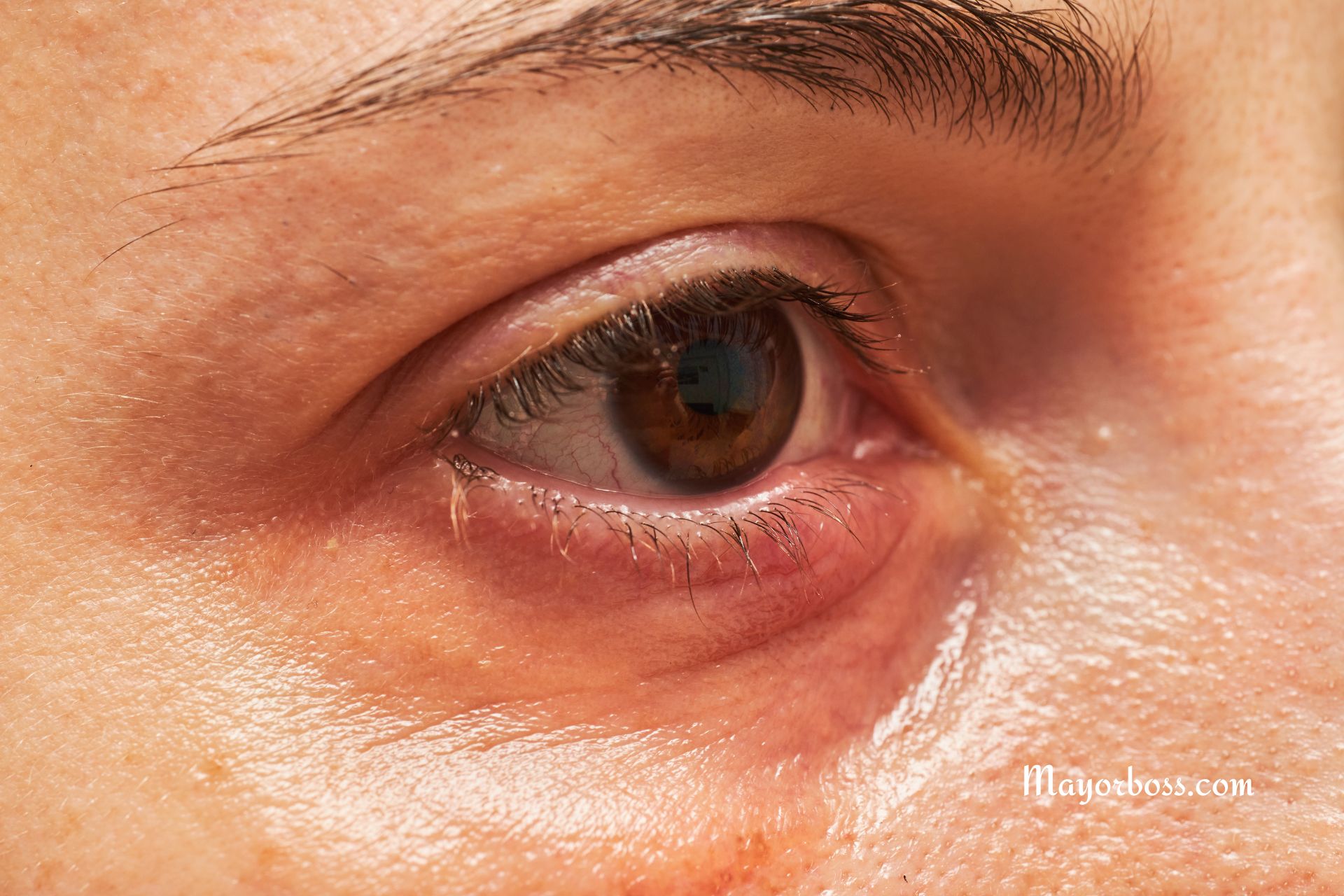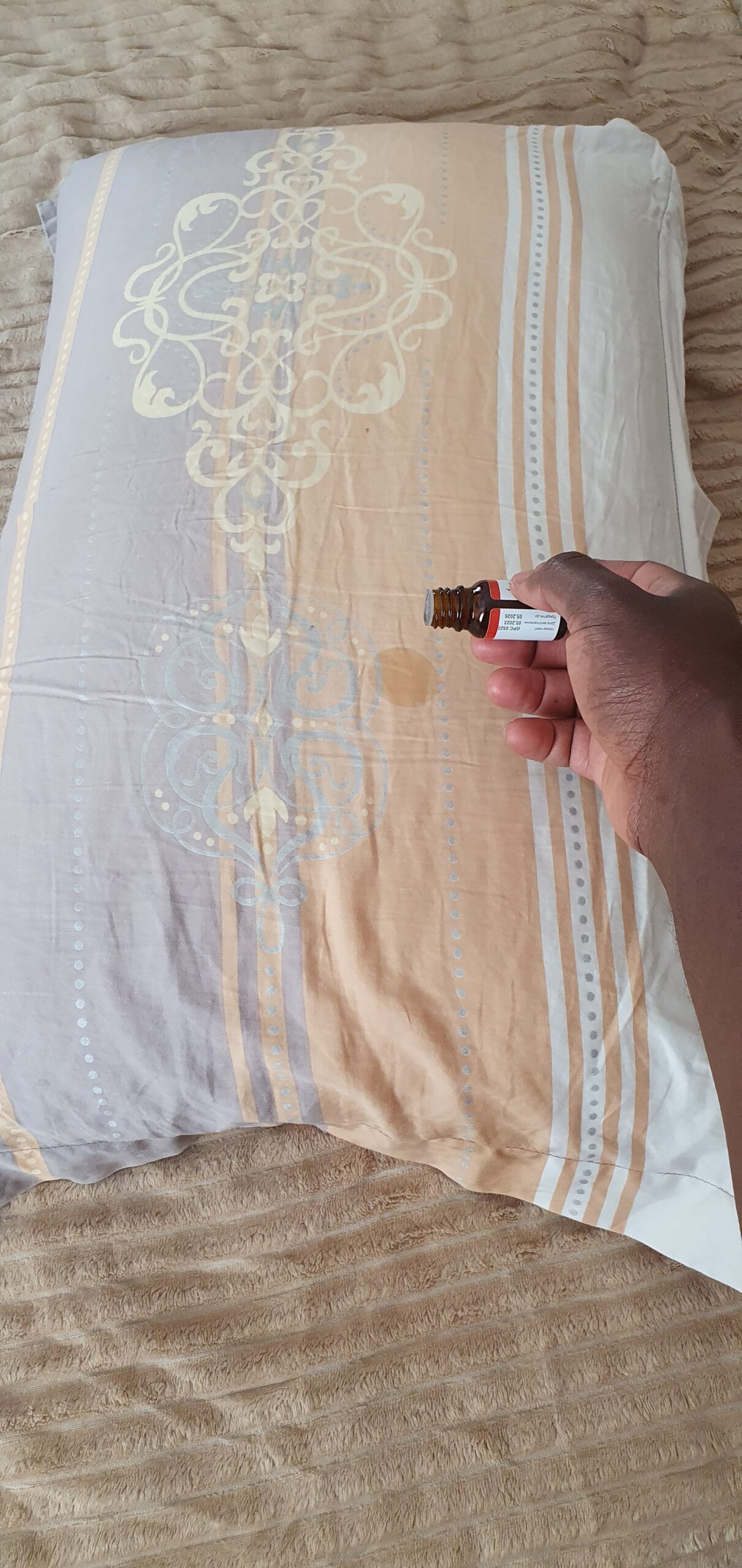7 Interesting Facts About the Human Bladder
The human bladder might not be the first thing you think about when discussing fascinating organs, but believe it or not, it holds its own set of surprising secrets. Here are interesting facts about the human bladder that you probably don’t know yet.
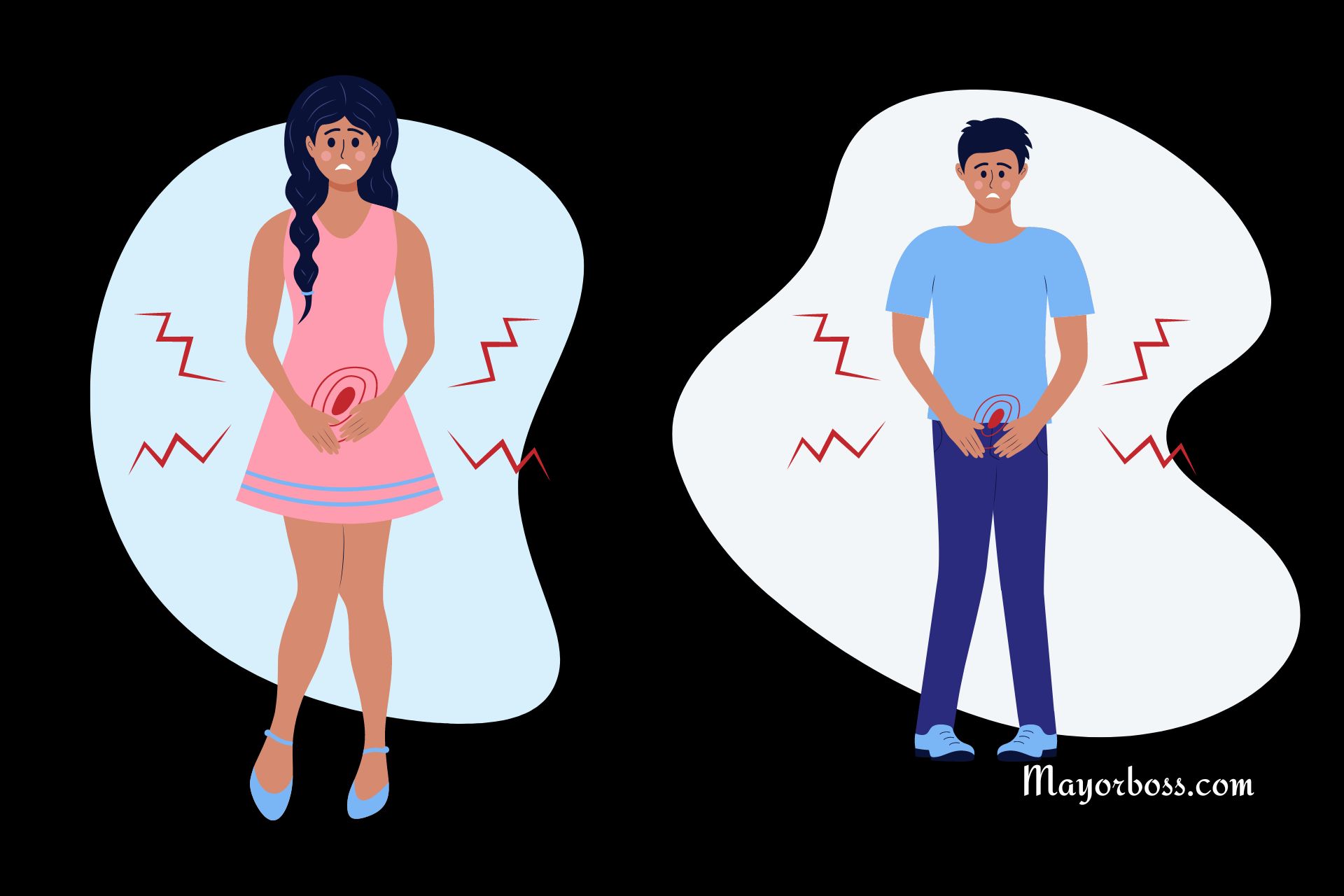
1. How Much Can It Hold?
You might be wondering just how much your bladder can actually hold. Generally, the average adult bladder can hold about 400 to 600 milliliters of urine—that’s roughly the same as a soda bottle! But here’s the kicker: despite this capacity, the urge to urinate usually kicks in when it’s about half full. So, you see, the body starts sending you signals well before reaching its maximum capacity. Pretty considerate, right?
2. It’s Remarkably Stretchy
Now, hang on a minute—did you know that your bladder is incredibly stretchy? That’s right! This elasticity helps it accommodate varying amounts of urine. Made primarily of a special muscle called the detrusor muscle, the bladder expands and contracts like a balloon. This flexibility ensures you don’t have to run to the restroom every time a little urine collects.
3. Unique Communication with the Brain
The bladder and brain have a unique line of communication through nerves. This connection lets the brain know when the bladder is getting full, and in turn, the bladder receives signals from the brain about when it’s appropriate to release urine. But guess what? Things like stress or excitement can influence this communication, sometimes leading to an unexpected need to go. Surprising, isn’t it?
4. Location, Location, Location
Now, here’s where things get interesting. The bladder is located in the pelvis, nestled right between the pelvic bones. In men, it’s positioned in front of the rectum and above the prostate gland. For women, it lies in front of the uterus and vagina. This placement explains why certain health issues, like prostate enlargement in men or pregnancy in women, can affect bladder function. Quite simply, its location makes it susceptible to various influences.
5. Changes with Age
Here’s the deal—your bladder changes as you age. In children, the bladder grows and matures as they do, increasing in capacity and control. However, as we get older, various factors, including muscle weakness and hormonal changes, can affect bladder capacity and function. This is why older adults often experience more frequent urges to urinate.
6. Impacted by Lifestyle Choices
You bet your lifestyle choices impact your bladder health! Factors like hydration levels, diet, and even exercise can influence bladder function. For example, caffeine and alcohol can irritate the bladder, leading to more frequent trips to the bathroom. On the other hand, staying hydrated and maintaining a balanced diet can help keep your bladder happy and healthy.
7. Can Be Strengthened with Exercises
And here’s something really interesting—you can actually strengthen your bladder! Exercises like Kegel exercises, which target the pelvic floor muscles, can enhance bladder control and reduce issues like urinary incontinence. So, if you’re looking to improve your bladder health, incorporating these exercises into your routine could be helpful.
Frequently Asked Questions
1. Can you train your bladder to hold more urine?
Yes, you can! Gradually increasing the time between bathroom visits can help train your bladder to hold more urine. But remember, don’t push it too far; listen to your body’s signals.
2. Why do I feel the urge to urinate more often when it’s cold?
This phenomenon is due to the body’s response to cold temperatures, which can lead to increased blood pressure and a subsequent increase in urine production. Plus, the bladder can become more sensitive in the cold, amplifying the urge to go.
3. Are there any foods or drinks that can improve bladder health?
Indeed, there are! Foods rich in fiber can help reduce constipation, which in turn can ease pressure on the bladder. Additionally, avoiding irritants like caffeine and spicy foods can help maintain a healthy bladder. Staying well-hydrated with water is also key!
4. Can drinking too much water harm the bladder?
Not really, no. Overhydration is rare, but drinking an excessive amount of water in a short period can strain the bladder. Generally, it’s best to drink water throughout the day to keep your bladder healthy.
Now you know a bit more about this fascinating organ. The human bladder may not always be the center of attention, but it certainly deserves some recognition for its complex and vital role in our bodies.

